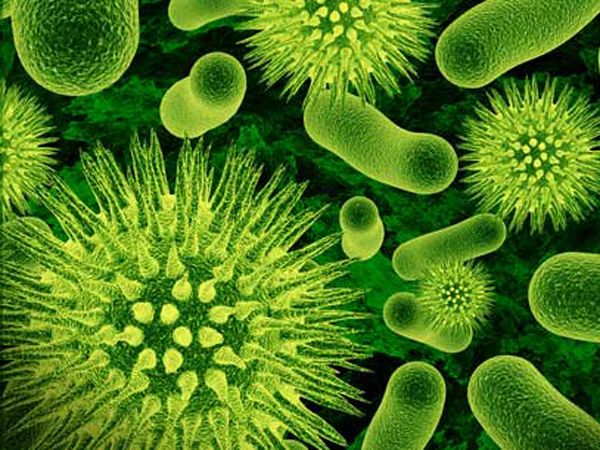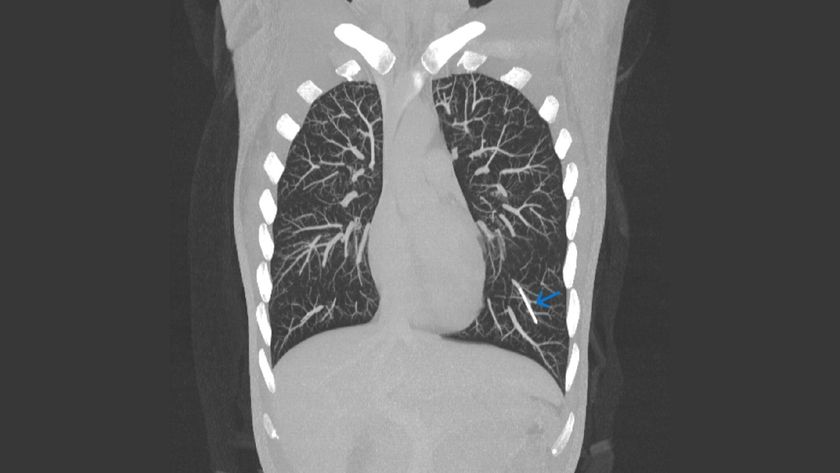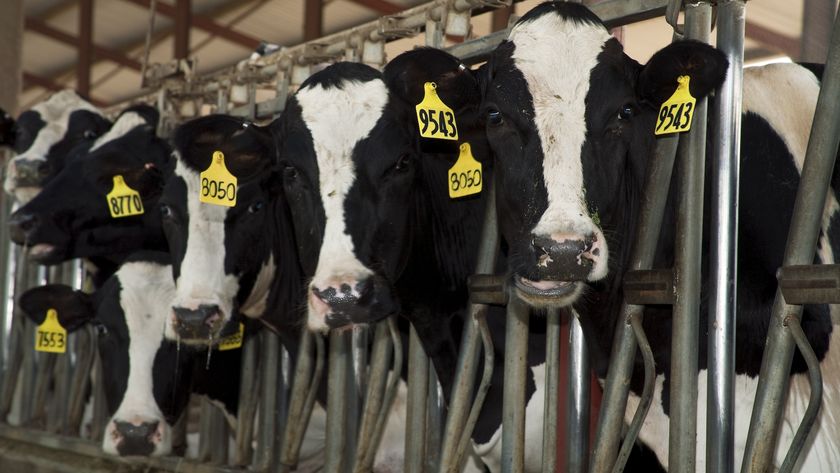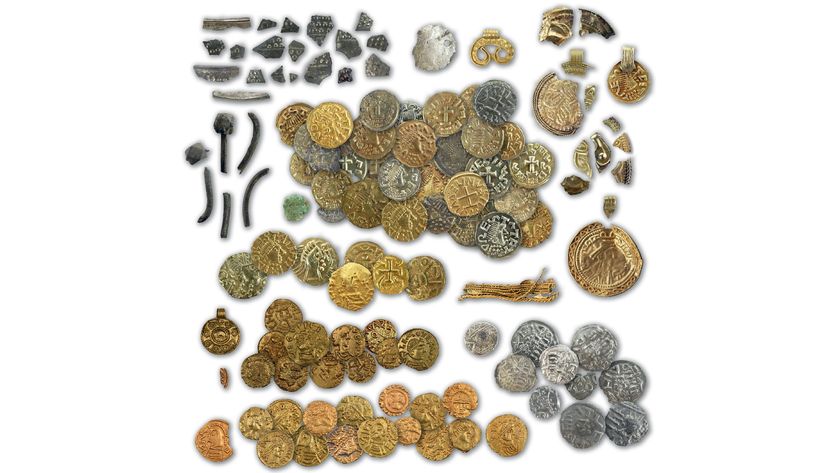Is It Better to Wash With Antibacterial Soap?

Some antibacterial products promise to kill 99.9 percent of germs. But is that really a good thing?
Most regular liquid hand and body soaps contain chemicals, such as alcohol or chlorine, that can kill bacteria. Soaps that are labeled "antibacterial " contain additional bacteria-killing chemicals such as triclosan or triclocarban.
However, the effectiveness and consequences of using soaps that contain triclosan have been disputed as researchers. It turns out, triclosan may not be needed to get rid of bacteria on the skin.
"Very thorough hand-washing washing vigorously and between the fingers is the most effective way to get rid of bacteria and debris," said Dr. Peter N. Wenger, an associate professor in the departments of Preventive Medicine and Community Health and Pediatrics at the University of Medicine and Dentistry in New Jersey.
And the human body needs certain bacteria for digestion and to ward off harmful bacteria, Wenger said.
"Not all of the bacteria on your hands are bad," Wenger told Life's Little Mysteries. "Your body needs bacteria to maintain a healthy, balanced environment on your skin."
For household hand washing, Wenger said that antibacterial soap isn't needed. In hospitals, however, antibacterial soaps can be helpful in killing bacteria that can be spread when healthcare workers go from one sick patient to the next.
Sign up for the Live Science daily newsletter now
Get the world’s most fascinating discoveries delivered straight to your inbox.
What's more, widespread use of triclosan may lead to the evolution of bacteria that are resistant to it. Several laboratory studies showed that bacteria developed resistance to antibiotics after being exposed to triclosan, according to a review from the University of Michigan School of Public Health.
The amount and concentration of triclosan in commonly-used antibacterial soaps are no more effective than plain soap at preventing infectious illness and reducing bacterial levels on hands, the study also found.
The study's authors urged the U.S. Food and Drug Administration (FDA) to further evaluate the advertising claims of antibacterial products, especially considering the lack of additional health benefits associated with the use of triclosan-containing soap over regular soap.
However, the problem of diseases being spread by dirty hands is not just that antibacterial soaps aren't doing as good a job as they promise it's that the public is not washing their hands adequately enough, according to the Center for Disease Control and Prevention (CDC).
The average five seconds that most people spend washing their hands is not enough time to properly kill bacteria, the CDC warned. According to the CDC, the best thing that people can do to get rid of harmful bacteria is to wash their hands for longer lengths of time using warm water.
So exactly how much time should people spend washing their hands? As long as it takes them to sing "Row, Row, Row Your Boat" in their heads, Wenger advised.



